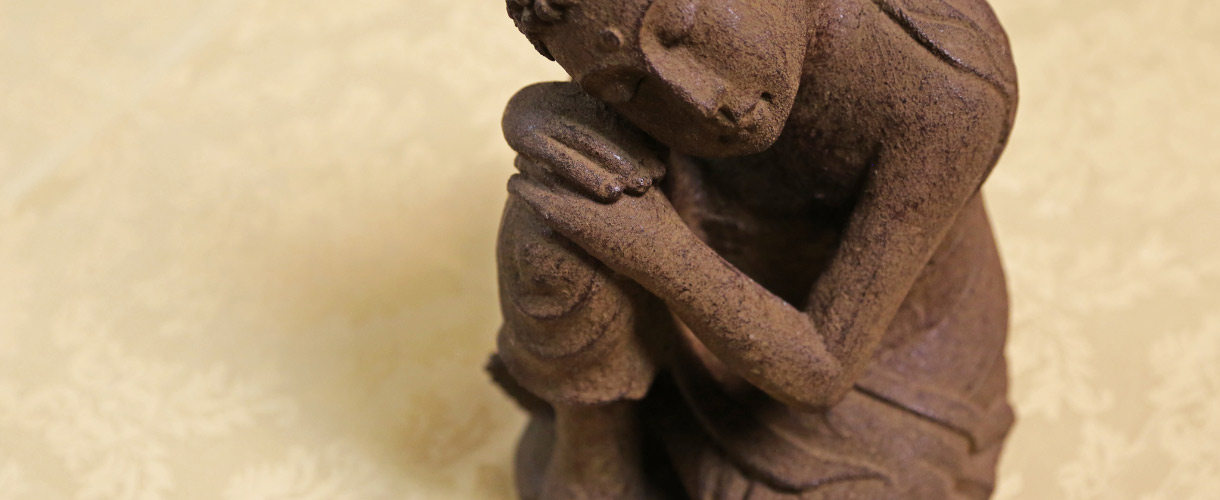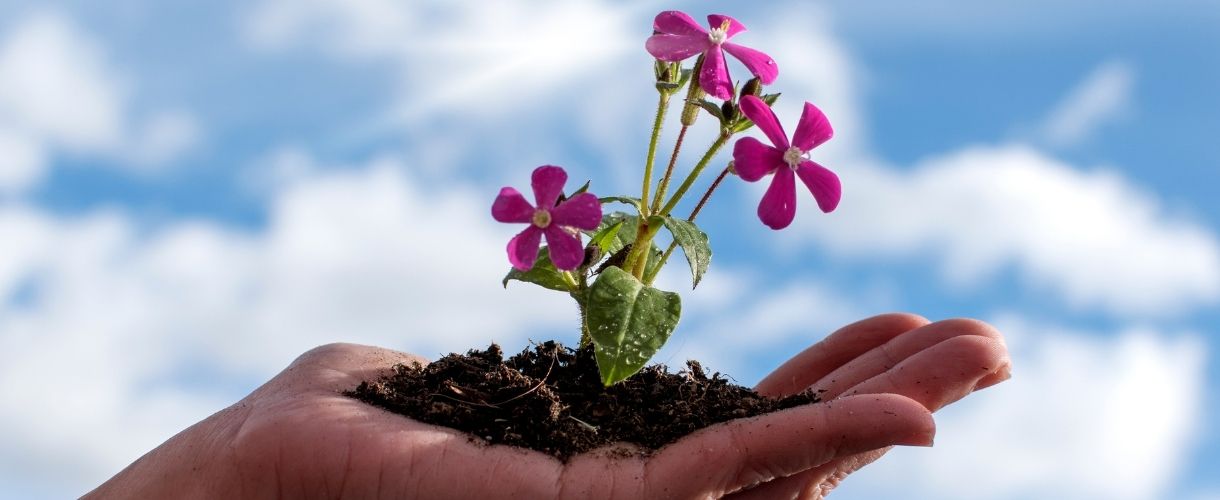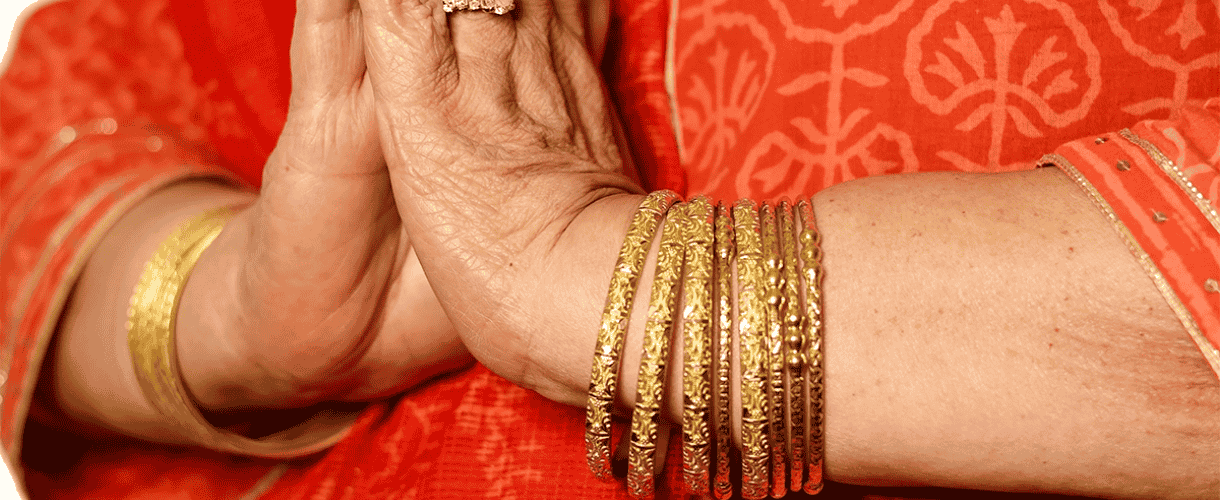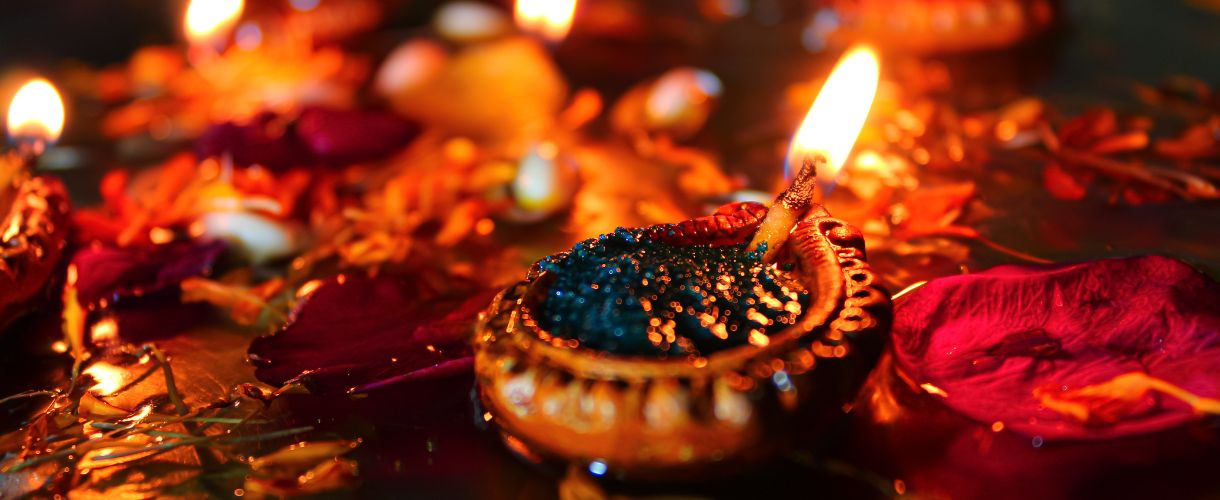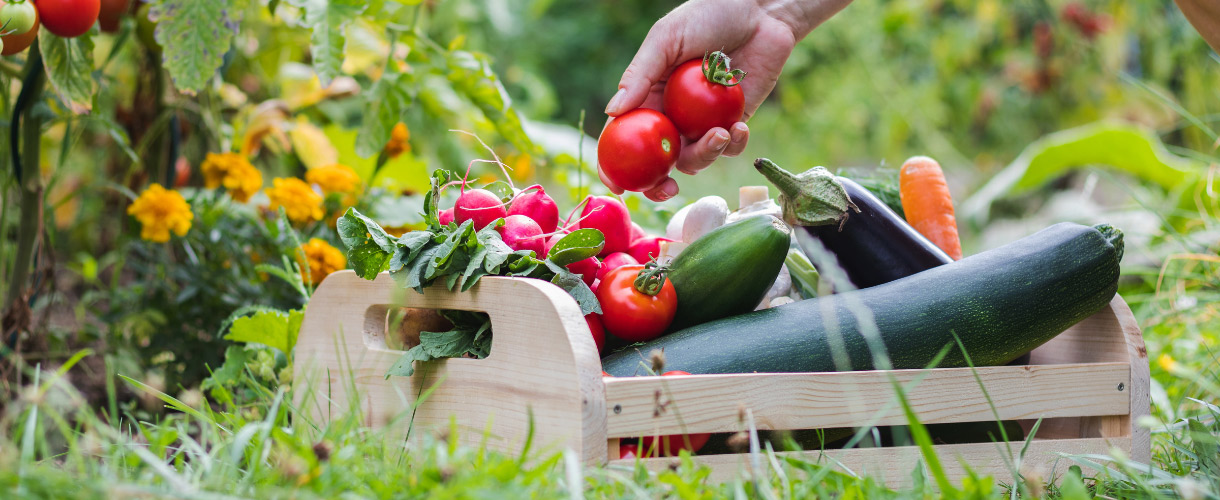
Touch The Earth – volunteer program
October 16, 2018
Volunteering
October 17, 2018LUNCH AND LEARN Weekly Meetings
Yoga off the mat… Eastern Philosophy, Psychology and dharma discussions
Join Shanti Gowans, students and our team, for a conversation about everyday living, immediately after our communal home cooked, Ayurvedic vegetarian lunch.
- Every Monday afternoon, from 1-2pm, during school terms and when Shantiji is in town.
- No fee (donations/service gratefully accepted).
- Please feel welcome to join us.
Monday afternoon Satsang
Lunchbox Discourse, Discussion
Contemporary and Classical Vedanta, Buddhist and Yogic teachings
- What’s it all about?
- Perspectives from Yoga and Ayurveda on Health
- Lessons from ‘A Course in Miracles’
- The way to Nirvana
- Expanding insight through the Bhagavad Gita, Yoga and Vedanta
Bhagavad Gita discourse with Shantiji
The Bhagavad Gita is a practical, spiritual handbook for self-realisation and daily life that teaches you how to be creative and confident in every circumstance. It describes two paths in life: a beneficial path that leads to fulfilment and a destructive path that leads to sorrow, reminding us that there is a difference between what is good (beneficial) and what is pleasurable. These classes provide you with the unique opportunity to deepen your spiritual practice and live your best life. No previous Gita preparation is necessary.
Here are 3 quotes from Krishnamurthi, who talks about:-
- When pleasure becomes the dominant interest
- Pleasure being the structure of society and
- The Relationship between pleasure and fear:
When pleasure, personal or collective, becomes the dominant interest in life: the pleasure of sex, the pleasure of asserting one’s own will, the pleasure of excitement, the pleasure of self-interest, the pleasure of power and status, the insistent demand to have one’s own pleasure fulfilled, there is degeneration. When human relationships become casual, based on pleasure, there is degeneration. When responsibility has lost its total meaning, when there is no care for another, or for the earth and the things of the sea, this disregard of heaven and earth is another form of degeneration. When there is hypocrisy in high places, when there is dishonesty in commerce, when lies are part of everyday speech, when there is the tyranny of the few, when only things predominate, there is the betrayal of all life. Then killing becomes the only language of life. When love is taken as pleasure, then man cuts himself off from beauty and the sacredness of life.
Krishnamurti, Letters to the Schools vol I, p 83
Most of us are pursuing, outwardly and inwardly, pleasure, and pleasure is the structure of society. I think it is important to find this out, because from childhood till death, deeply, surreptitiously, cunningly and also obviously, we are pursuing pleasure, whether it be in the name of God, in the name of society, or in the name of our own demands and urgencies. And if we are pursuing pleasure, which most of us are, which we can observe very simply, what is implied in that pursuit? I may want pleasure, I may want the fulfilment of that pleasure, through ambition, through hate, through jealousy, and so on—if I know, or observe, for myself, the nature and structure of pleasure then in the understanding of it I can either pursue it logically, ruthlessly, acting with fully open eyes though it involves a great deal of fear and pain—or come upon a state in which I can live in peace.
Krishnamurti, Talks and Dialogues Saanen 1967, p 48
Questioner: What is the relationship between pleasure and fear?
Krishnamurti: Don’t you know it, do you want an explanation of that? When I can’t get my pleasure what happens? Have you not noticed it? I want something which is going to give me tremendous pleasure—what takes place when I am thwarted, denied it? There is antagonism, there is violence, there is a sense of frustration, all of which is a form of fear.
Krishnamurti, Talks and Dialogues Saanen 1967, p 53
Four Steps on the Sacred Path
Shantiji’s philosophical and yogic vision presents a living context for building sanity in our lives. Discussions will extend your understanding beyond your practices on the mat and meditation cushion. Additionally, they will cultivate a societal vision and aspiration to help the world in these difficult times.
This will be achieved based on the following:
1. What is relevant today? Why?
Discernment (viveka) between the real (permanent) and unreal (temporary).
This happens in a three-step process that leads to self-realisation:
- Listening attentively to the teachings, sravanam to understand what philosophy can teach you about answering the question “Who am I?”
- Reflecting or contemplating upon what the student has heard, joining the dots, and trying to really comprehend the subtle truths that have been taught, mananam
- Meditating that leads to the intuitive, direct experience of Truth, nididhyasana.
2. Detachment or renunciation, vairagya
3. Practice, abhyasa
This happens by cultivating the six-virtues, shad-sampat, which are:
- – Self control, dama. Not letting the senses run towards the sensory objects.
- – Unaltered, sama. Keeping the consciousness unaffected by the external world.
- – Self withdrawal, uparati. Renunciation of activities and habits which are not duties (dharmic) by simple living, high thinking.
- – Endurance, titiksa. Forbearance in the face of opposites such as success and failure, loss and gain, pleasure and pain, sunshine and rain, hot and cold, etc.,
- – Faith sraddha, in teacher (guru), god, self (atman), scriptures (shastras),
- – One-pointedness of the mind, perfect concentration, samadhana
4. Intense longing, mumukshutva for liberation (moksha) – not as one of your desires, not even the biggest desire, but the only desire.


